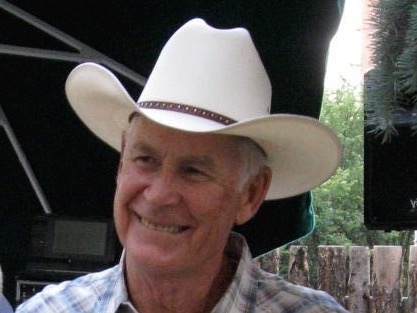
About Michael K. Smith:
MICHAEL K. SMITH is the award-winning author of The Postwoman, a novel based on the true story of World War II resistance fighter Andrée De Jongh, as well as two previous Civil War novels, Scarred and Home Again. Before finding his calling as historiographer, he trained as a mechanical engineer and built a highly successful auto parts business, which he sold in 2000. Upon retiring, he took up fishing, golfing, cooking, and playing bridge. He also took on editing a local newspaper, becoming a serious connoisseur of wine, and channeling his talent for telling stories.
What inspires you to write?
The telling of a fictionalized story during a particular period of history is my goal. If a reader can be entertained while reading my books, he/she will probably learn somethings about the history also. For this author, that is cool.
Tell us about your writing process.
The advantage of writing historical fiction is that the story’s timeline is locked into the historical record. So, the flow of time requires little effort and diminishes the need for an outline. Key character sketches are mandatory, especially to keep the story faithful and consistent.
My novels are all a series of linked scenes. When a scene is set up and is the next element of the story, during the writing process, my characters frequently take over and the scene progresses as the characters interact in ways never anticipated. The characters see things, react to each other and behave like a heretofore unwritten play. As the author, I just write down what happens. After writing a scene, I will sometimes read it and wonder where it all came from. This wonderment is a reason to write. The creative process just flows and many times is effortless.
For Fiction Writers: Do you listen (or talk to) to your characters?
I do not talk to my characters, but I see what they see and feel what they feel. An example is in my most recent novel, The Thin Gray Line, there is a ten year old black girl. I never understood racial prejudice before, but I did when I saw and experienced what she did. This changed my perception of the plight of minorities and has changed my life (for the better, I presume).
What advice would you give other writers?
Keep your butt in your chair. It’ll come, just don’t give up.
How did you decide how to publish your books?
When my first novel, Home Again, was in rough form, I decided I needed some help because I had never written anything much longer than a two page letter. I live in Ohio and had heard of the Kenyon College
novel workshops held every year. I applied and unbelievably got accepted. The very competent instructors tore my manuscript up, spit it out, then helped me get it into shape. They were great. So, when the ms was ready to go, I then learned you have to get an agent to get published and if the agent is able to sell the book, the publisher might take up to several years before it’s actually published. At that time, I was seventy two years old. A year to find an agent, then a year for the agent to sell it plus a couple more years to actually get published. I might not have lived that long! So I self-published through Create Space and Amazon. It took about three months and my book was for sale.
More importantly, I could start another book, which I did. I like the control self-publishing allows. Control of formatting, pricing, cover design, publicity, etc.
What do you think about the future of book publishing?
With the proliferation of self-publishing, more and more books are published each year. Some good and some bad. The advantage of conventional publishing is the control of the product being printed. The process of working with an agent
who finds a publisher usually screens out books that are flawed and/or have little commercial appeal. Self- publishing bypasses this procedure and therefore many self-published books are of poor quality, both from a content and
editing point of view. I have found the biggest advantage of traditional publishing is the ability to get reviewed. As time goes by, fewer and fewer books will be traditionally published. We have already seen the consolidation of the industry and the trend will continue.
What genres do you write?: Historical fiction
What formats are your books in?: Both eBook and Print
Website(s)
Michael K. Smith Home Page Link
Link To Michael K. Smith Page On Amazon
Your Social Media Links
Goodreads
Facebook
Twitter
All information in this post is presented “as is” supplied by the author. We don’t edit to allow you the reader to hear the author in their own voice.
